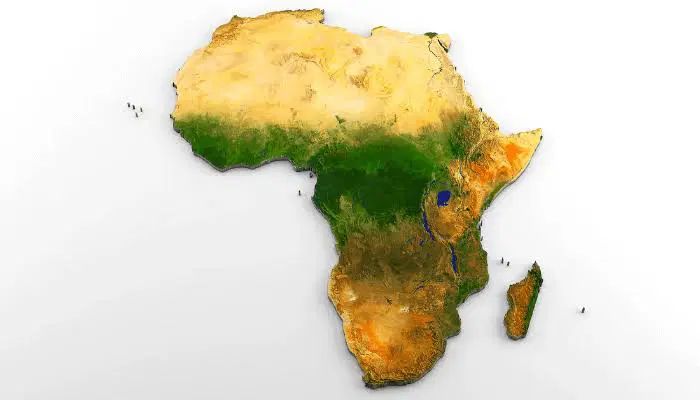The Presidency has dismissed recent remarks by Dr. Akinwumi Adesina, the outgoing President of the African Development Bank, who claimed that Nigerians are worse off today than they were in 1960.
Presidential spokesperson, Bayo Onanuga, issued a statement criticizing both the data cited by Adesina and the conclusions drawn from it.
Dr. Adesina had stated that Nigeria’s GDP per capita was $1,847 in 1960, while it is currently $824.
However, the Presidency countered that these figures are inaccurate and not backed by historical data.
“A few days ago, outgoing AfDB President Akinwumi Adesina claimed that Nigerians today are worse off than in 1960, basing his conclusion on figures that do not align with available data.
“According to Nairametrics, he claimed that Nigeria’s GDP per capita in 1960 was $1847 and that it is $824 today. The quoted figures are not correct.
“According to available data, our country’s GDP was $4.2 billion in 1960, and per capita income for a population of 44.9 million was $93, not even $100,” Onanuga stated.
Onanuga further pointed out that Nigeria’s GDP only saw substantial growth after the oil boom of the 1970s.
In 1970, GDP reached $12.55 billion, growing to $164 billion by 1981. However, per capita income did not surpass $880 until it briefly peaked at $2,187 in 1981, before declining again.
It wasn’t until a GDP rebasing exercise in 2014 that the figure rose to an all-time high of $3,200.
The presidencial spokesperson emphasized that the issue extends beyond the disputed figures, pointing out a fundamental misinterpretation of GDP per capita as a comprehensive measure of societal progress.
He explained that GDP per capita is a limited metric, as it does not account for wealth distribution, inequality, or the significant role of informal economic activities, which are especially important in Nigeria.
The Presidency stated that assessing Nigeria’s progress since 1960 requires a wider perspective, considering advancements in infrastructure, healthcare, education, telecommunications, and transportation.
It pointed out that Nigeria now has far more schools, hospitals, roads, and greater access to digital services, with mobile phone coverage extending to nearly the entire population, a stark contrast to fewer than 20,000 telephone lines at Independence.
Citing MTN’s success despite earlier doubts based on GDP figures, Onanuga emphasized that economic growth cannot be fully understood through GDP alone.
He noted that Nigeria’s GDP is now at least 50 to 100 times larger than it was in 1960 and urged analysts to take a more nuanced approach when assessing national development.
It was earlier reported that the President of the African Development Bank, Dr. Akinwumi Adesina, during his keynote address at the 20th anniversary dinner of investment firm Chapel Hill Denham in Lagos, warned that Nigeria was experiencing a more profound economic decline than many recognized.
He highlighted that with a current GDP per capita of just $824, Nigerians were considerably worse off than at independence in 1960.











